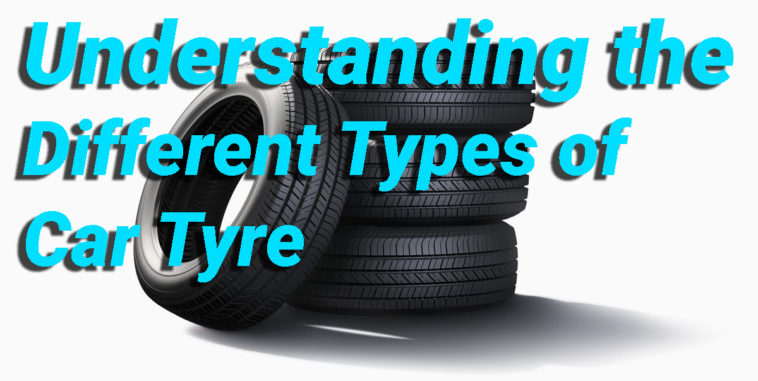First of all, there are none of the car features that take the highest priority after tyres. Tyres are an indispensable component of an automobile, which includes its efficiency, performance, and safety features. Hence, it is the driver’s responsibility to smell, inflate, and change his/her tyre time temperately. This is the testing of tread depth by using a twenty-piece coin and changing it when the depth of the tread is 1.6mm or below – the legal requirement is 3 mm. The suggestion is that you should not wait for more than 3mm of tread on your tyres to be replaced.
While changing your car tyres, be aware that there are differences in types as well. The kind you choose could have a huge impact on the car’s performance, safety, and efficiency, as well as the life of the tyres.
Summer Tyres
Summer tyres are a standard fit in the UK and are the most popular type. Their best performance is at approximately 7 degrees Celsius and they offer slightly better braking distances in comparison to other tyre types.
Winter Tyres
Winter tyres are specifically designed to perform well in cold, wet and icy conditions, with tread designs for snow and surface water grip. They are also made out of a rubber compound which works great in low temperatures, and that is why many drivers switch when it gets cold outside.
All-Season Tyres
The all-season tyres are quite young and comfortable for the person who does not want to switch the tyres all the time during the year. They are engineered to work in all weather conditions and temperatures, and this makes them a viable option in a country where the conditions vary even within the same season.
Energy-Saving Tyres
For those who aim to lessen their environmental footprint, fuel consumption and the cost of fueling, energy-saving tyres is a good option. This tyre provides less rolling resistance, which is an equivalent term for less energy generated from the engine that will keep the vehicle movement constant on a sidewalk.
Low Profile Tyres
Low profile tyres involves larger than average diameter alloy wheels and shorter sidewalls, which makes them perfect for high-performance cars, with improved handling and sportier looks.
Run-Flat Tyres
Run-On Flat Tyres, on the other hand, contain a reinforced side-wall, which allows them to be driven on with the vehicle still carrying the weight, even after a puncture has been made. It is worth mentioning that roadside assistance [such as the service of dealing with flat tyre issues] within the nearby garage [of about 50 miles] is provided.
Off-Road Tyres
If you are a driver of an SUV or a 4×4 and you drive off-road, you will need off-road tires that can hold the mud tracks and loose surfaces freely. In such a case, when you are off and on the road, all-terrain tyres are the most suitable.
Obviously, there are many types of tyres that you need to take into account and that the best choice always is when changing.




